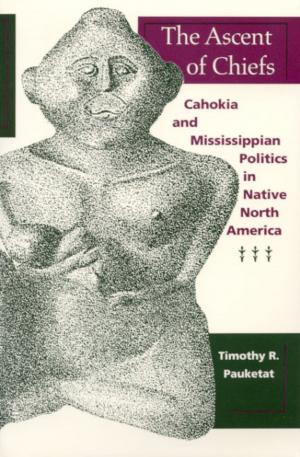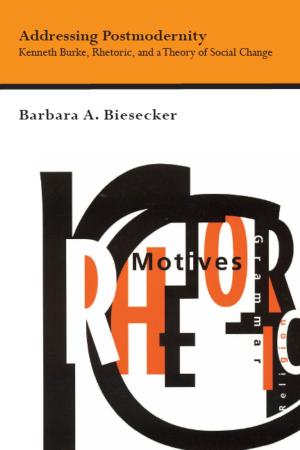Heaven's Soldiers
Free People of Color and the Spanish Legacy in Antebellum Florida
Nonfiction, History, Americas, United States, 19th Century| Author: | Frank Marotti | ISBN: | 9780817386535 |
| Publisher: | University of Alabama Press | Publication: | March 29, 2013 |
| Imprint: | University Alabama Press | Language: | English |
| Author: | Frank Marotti |
| ISBN: | 9780817386535 |
| Publisher: | University of Alabama Press |
| Publication: | March 29, 2013 |
| Imprint: | University Alabama Press |
| Language: | English |
Heaven’s Soldiers chronicles the history of a community of free people of African descent who lived and thrived, while resisting the constraints of legal bondage, in East Florida in the four decades leading up to the Civil War.
Historians have long attributed the relatively flexible system of race relations in pre–Civil War East Florida to the area’s Spanish heritage. While acknowledging the importance of that heritage, this book gives more than the usual emphasis to the role of African American agency in exploiting the limited opportunities that such a heritage permitted.
Spanish rule presented institutions and customs that talented, ambitious, and fortunate individuals might, and did, exploit. Although racial prejudice was never absent, persons of color aspired to lives of dignity, security, and prosperity. Frank Marotti’s subjects are the free people of African descent in the broad sense of the term “free,” that is, not just those who were legally free, but all those who resisted the constraints of legal bondage and otherwise asserted varying degrees of control over themselves and their circumstances. Collectively, this population was indispensable to the evolution of the existing social order.
In Heaven’s Soldiers, Marotti studies four pillars of black liberty that emerged during Spain’s rule and continued through the United States’ acquisition of Florida in 1821: family ties to the white community, manumission, military service, and land ownership. The slaveowning culture of the United States eroded a number of these pillars, though black freedom and agency abided in ways unparalleled anywhere else in the pre–Civil War United States. Indeed, a strong black martial tradition arguably helped to topple Florida’s slave-holding regime, leading up to the start of the Civil War.
Marotti surveys black opportunities and liabilities under the Spaniards; successful defenses of black rights in the 1820s as well as chilling statutory assaults on those rights; the black community’s complex involvement in the Patriot War and the Second Seminole War; black migration in the two decades leading up to the US Civil War; and African American efforts to preserve marriage and emancipation customs, and black land ownership.
Heaven’s Soldiers chronicles the history of a community of free people of African descent who lived and thrived, while resisting the constraints of legal bondage, in East Florida in the four decades leading up to the Civil War.
Historians have long attributed the relatively flexible system of race relations in pre–Civil War East Florida to the area’s Spanish heritage. While acknowledging the importance of that heritage, this book gives more than the usual emphasis to the role of African American agency in exploiting the limited opportunities that such a heritage permitted.
Spanish rule presented institutions and customs that talented, ambitious, and fortunate individuals might, and did, exploit. Although racial prejudice was never absent, persons of color aspired to lives of dignity, security, and prosperity. Frank Marotti’s subjects are the free people of African descent in the broad sense of the term “free,” that is, not just those who were legally free, but all those who resisted the constraints of legal bondage and otherwise asserted varying degrees of control over themselves and their circumstances. Collectively, this population was indispensable to the evolution of the existing social order.
In Heaven’s Soldiers, Marotti studies four pillars of black liberty that emerged during Spain’s rule and continued through the United States’ acquisition of Florida in 1821: family ties to the white community, manumission, military service, and land ownership. The slaveowning culture of the United States eroded a number of these pillars, though black freedom and agency abided in ways unparalleled anywhere else in the pre–Civil War United States. Indeed, a strong black martial tradition arguably helped to topple Florida’s slave-holding regime, leading up to the start of the Civil War.
Marotti surveys black opportunities and liabilities under the Spaniards; successful defenses of black rights in the 1820s as well as chilling statutory assaults on those rights; the black community’s complex involvement in the Patriot War and the Second Seminole War; black migration in the two decades leading up to the US Civil War; and African American efforts to preserve marriage and emancipation customs, and black land ownership.















